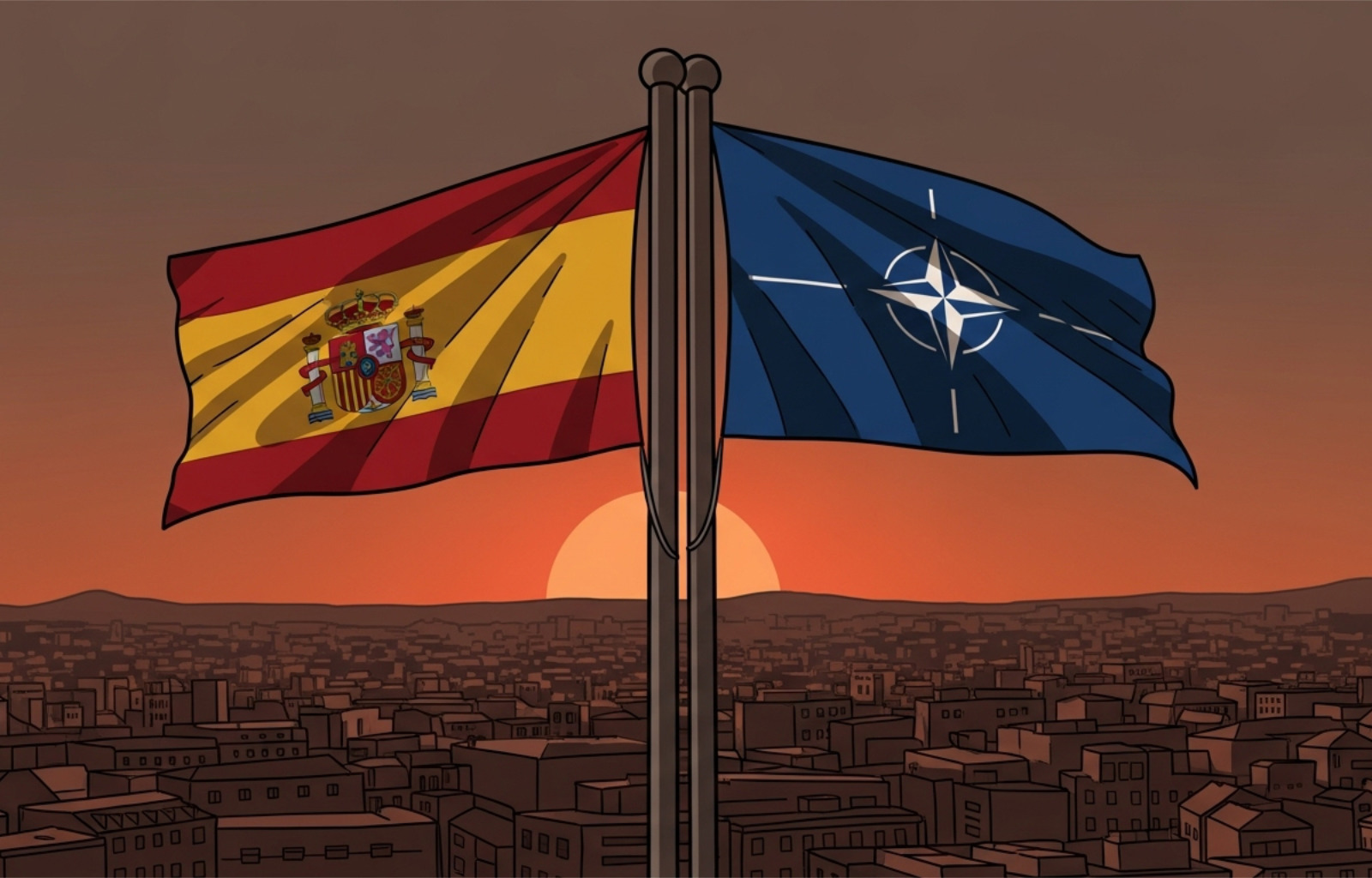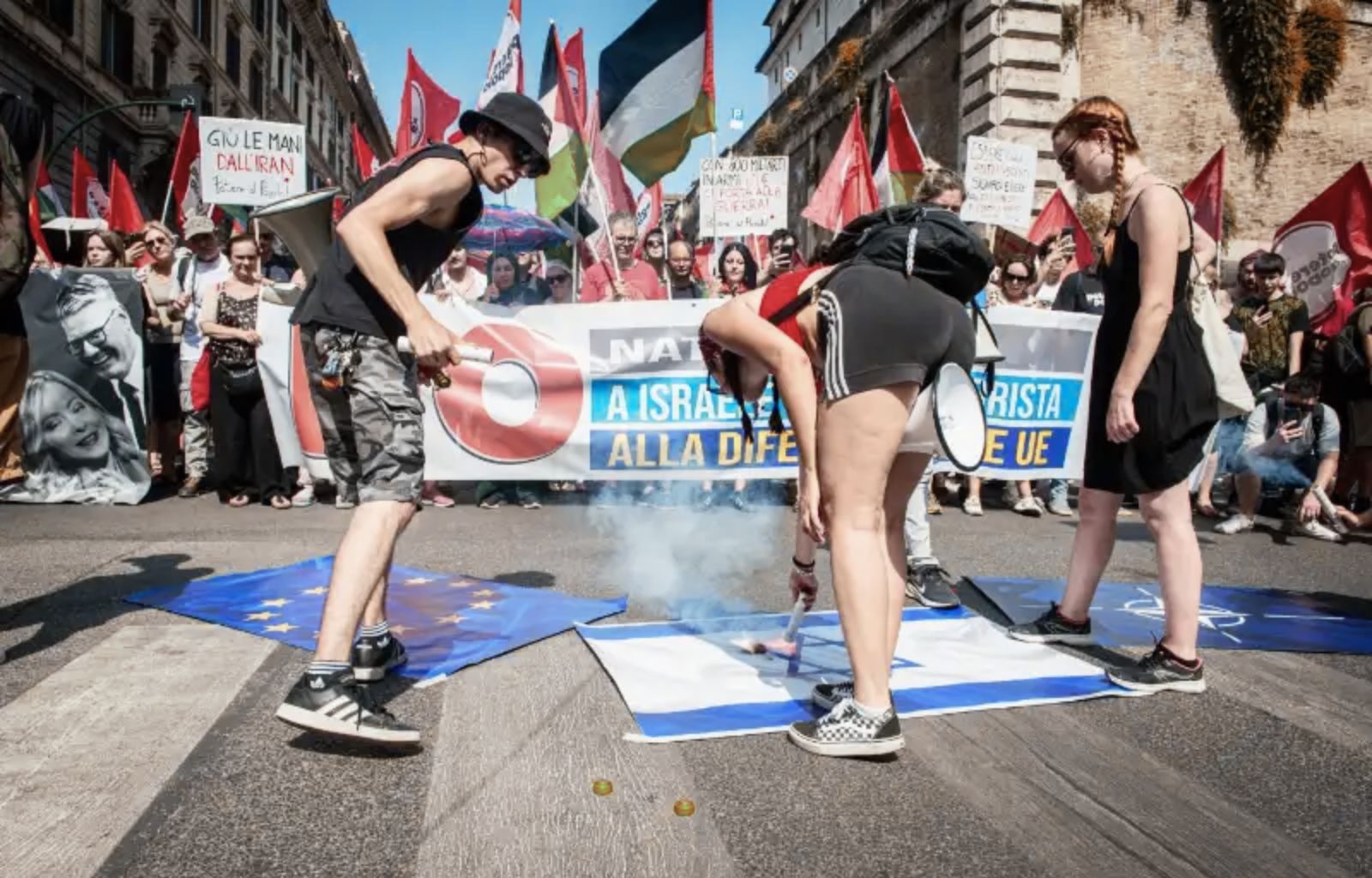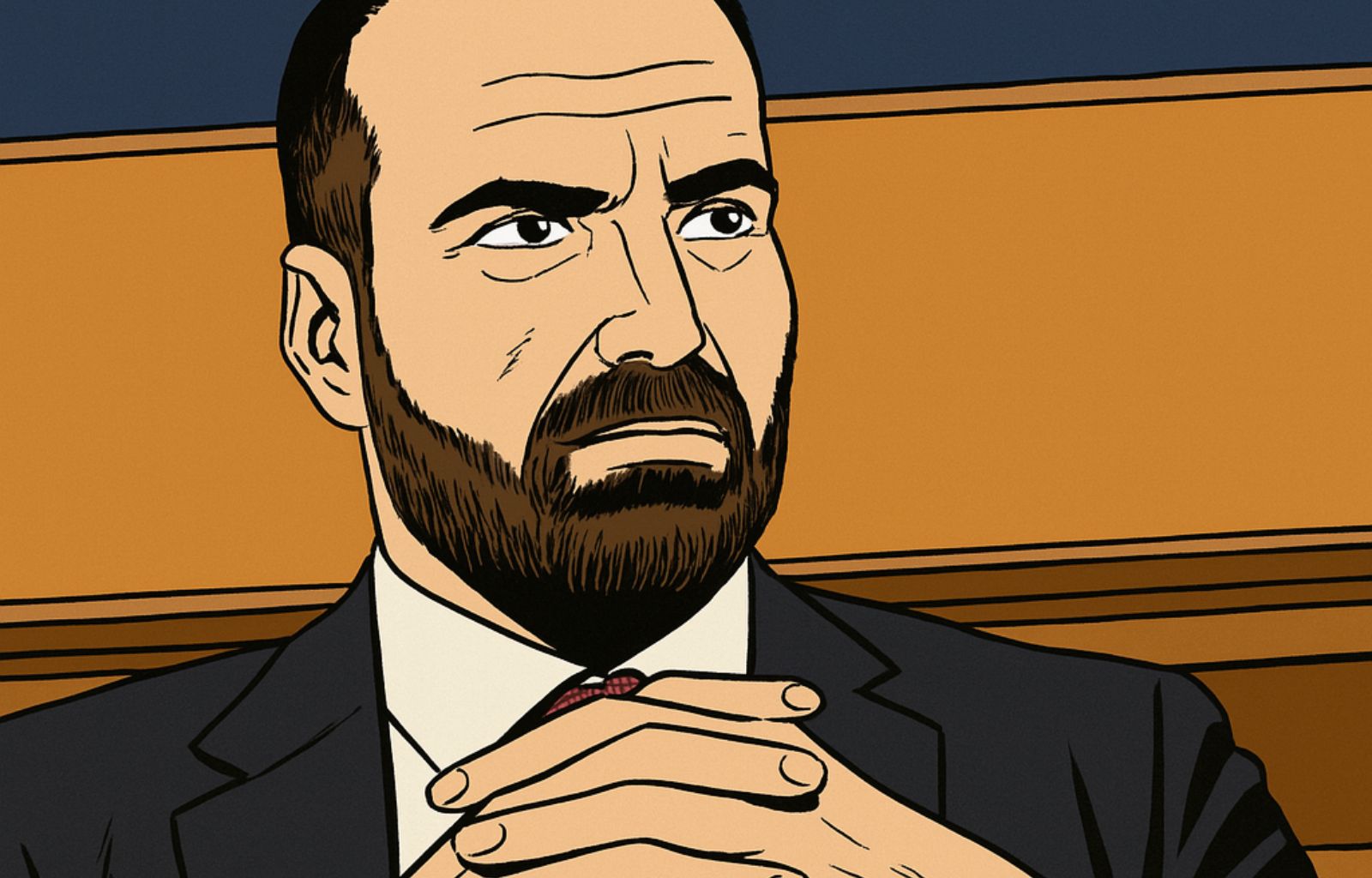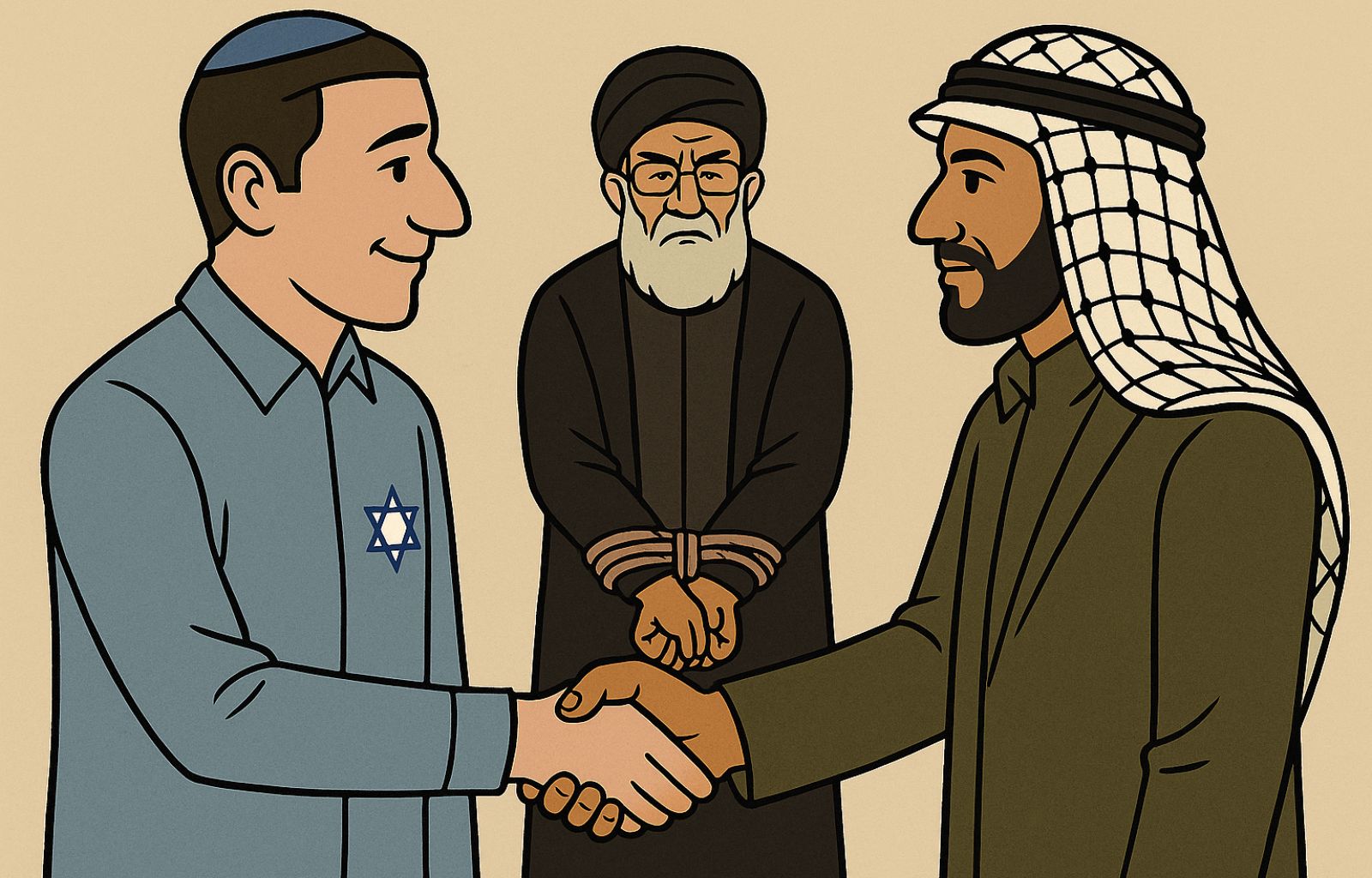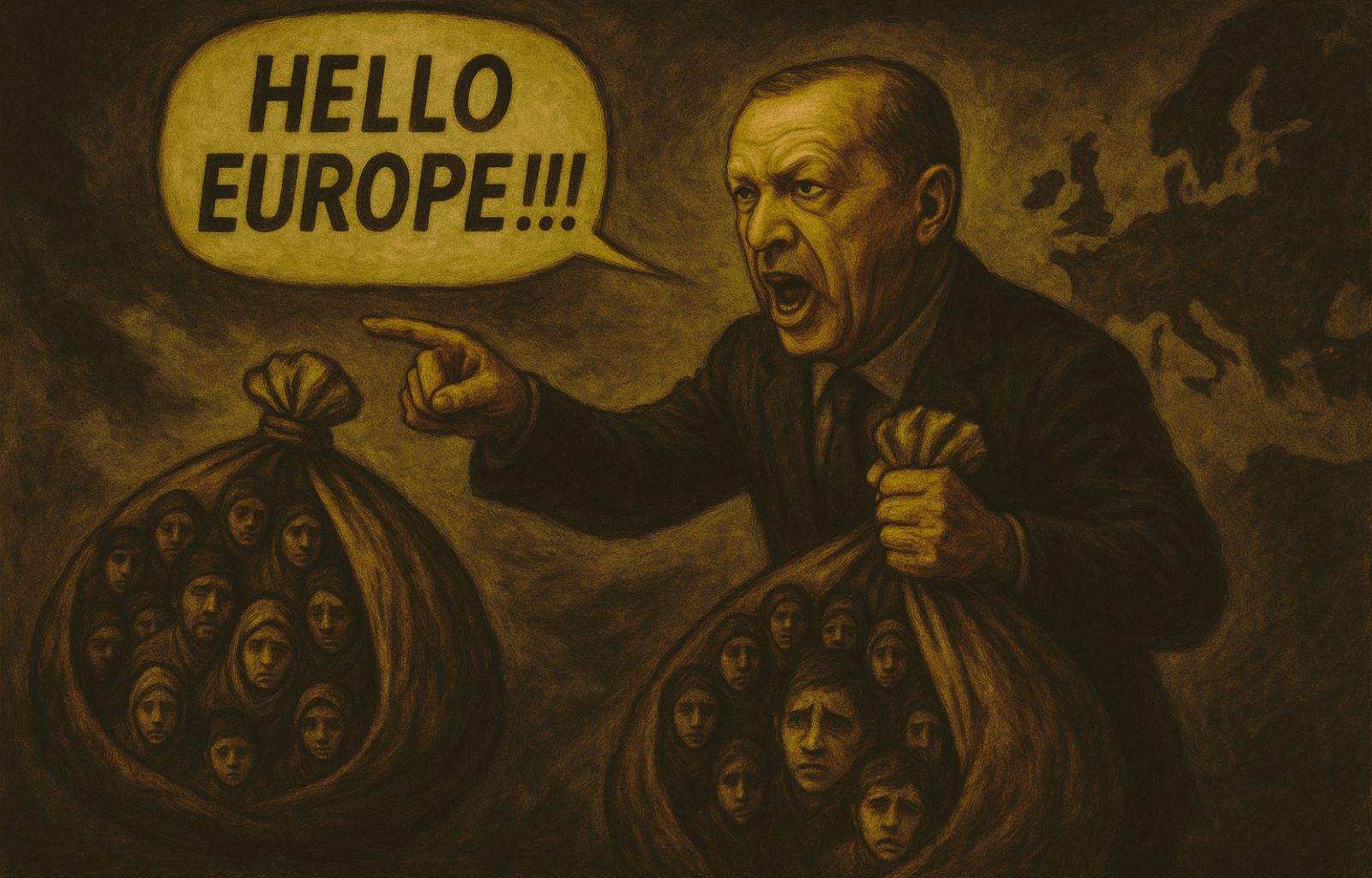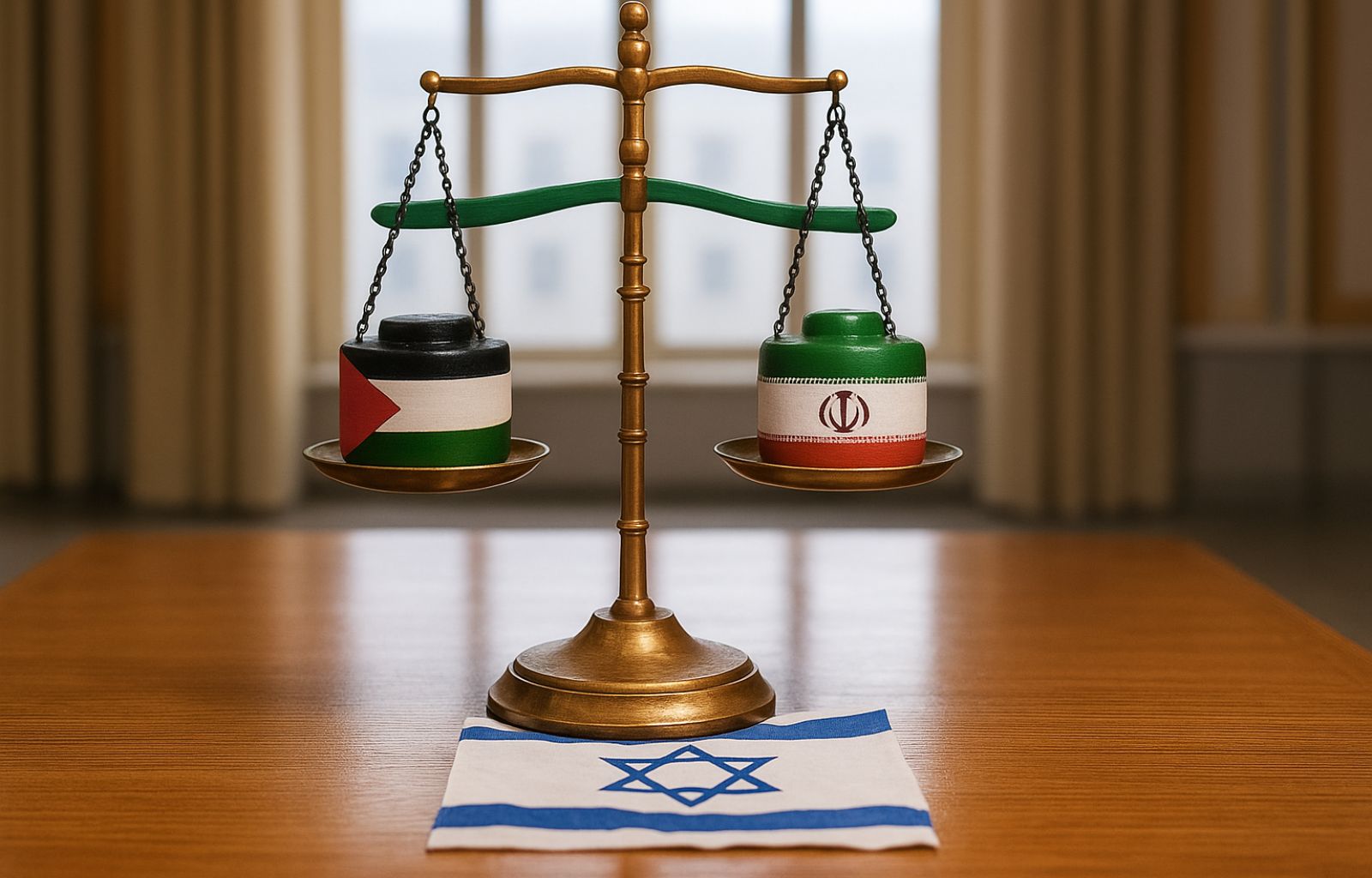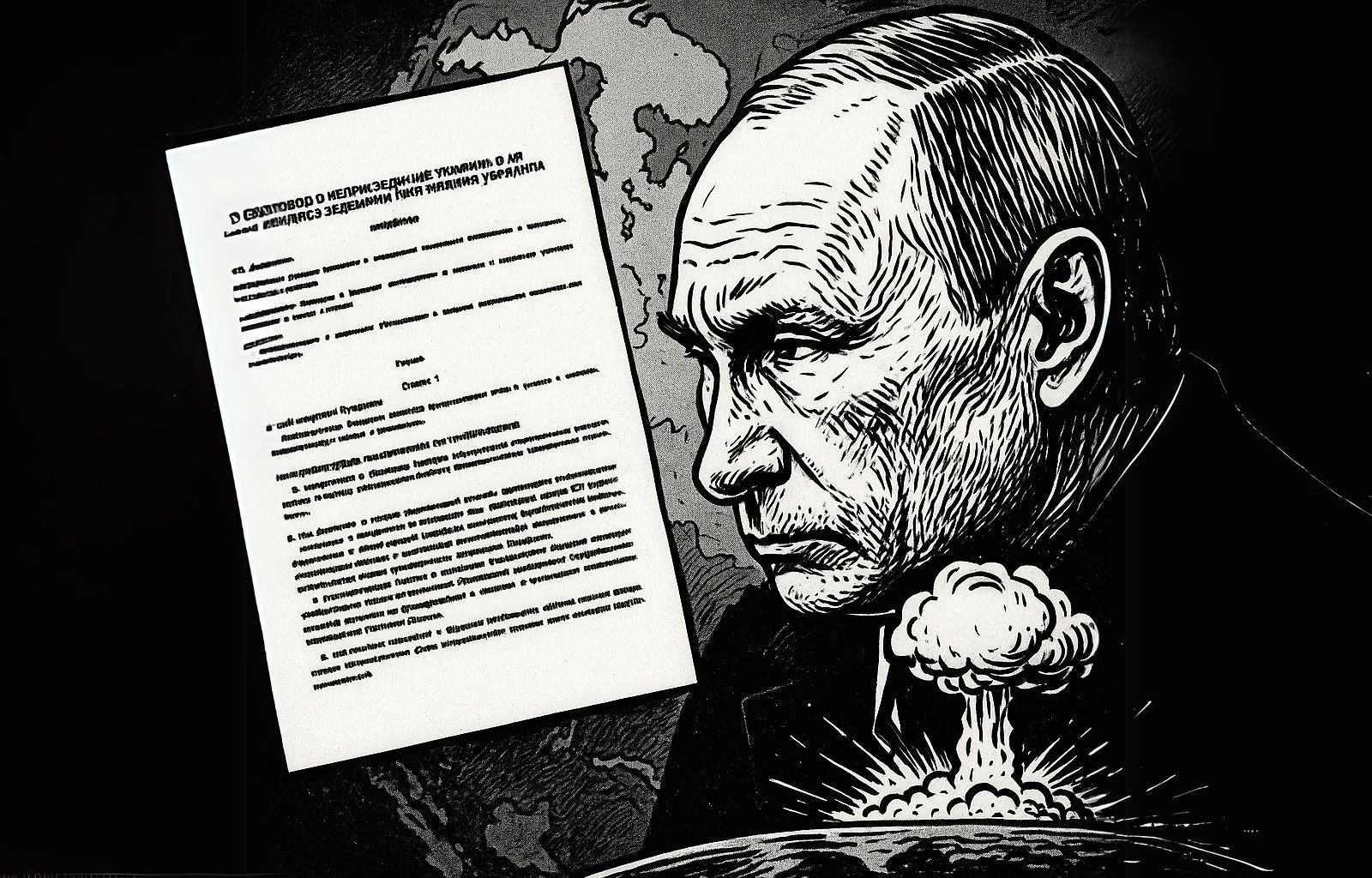The Empire and the City of God, the Augustinian Pope in the Wolf’s Lair
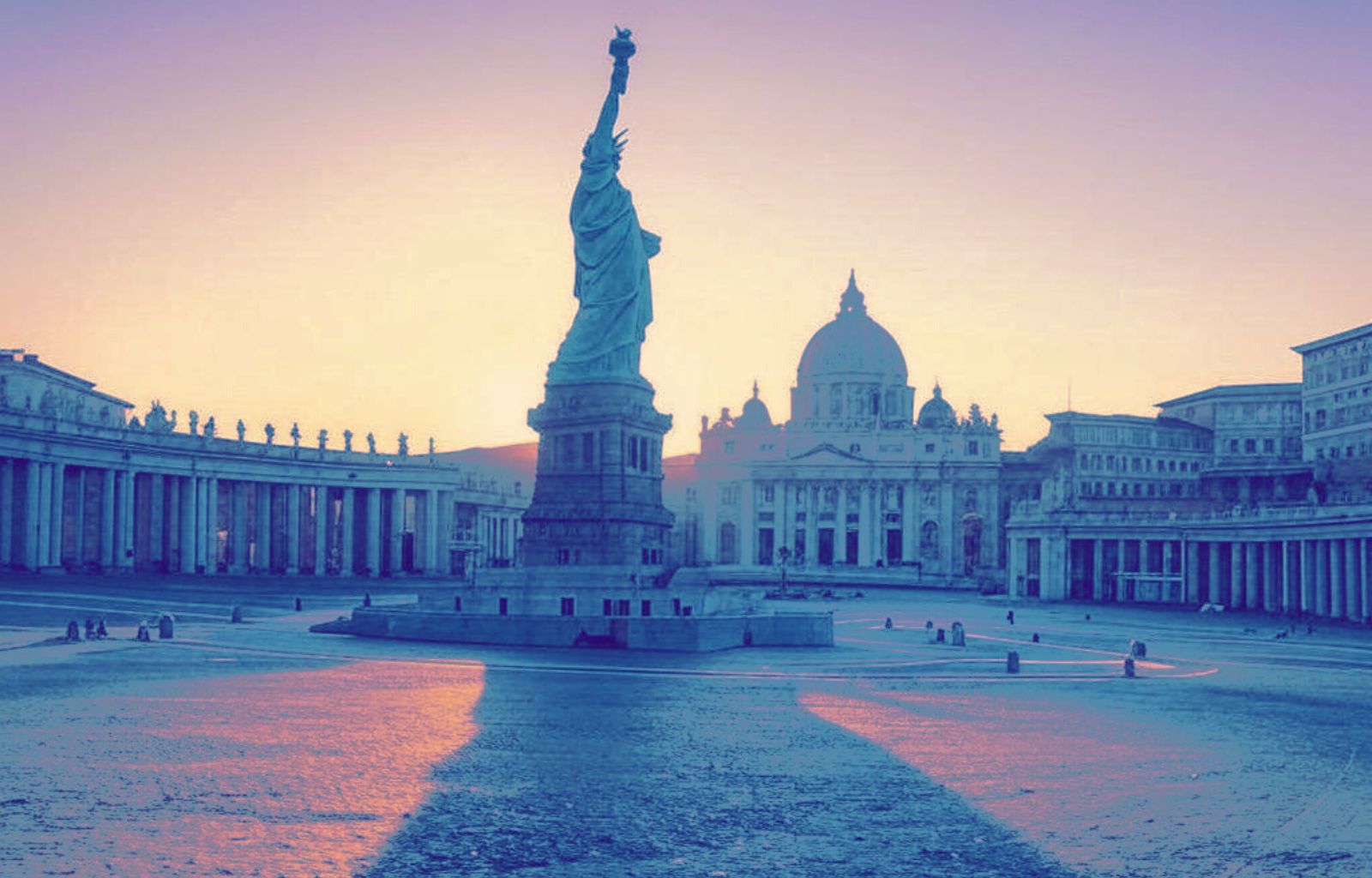
“Peace be with you“. With these words, Leo XIV faced the world. He is American, he was a missionary in Peru and he is an Augustinian. The latter is not just a biographical note: it is perhaps the most profound key to understanding what the spiritual and cultural character of Robert Francis Prevost‘s papacy might be.
When the Church chooses a man from North America, with experience in the peripheries of Latin America, it also does so by choosing a language, a theological heritage, an image of freedom and power. St. Augustine, father of the Church and soul of the order to which the new Pope belongs, is the thinker of the tension between the City of God and the city of men – the one he explored in his most famous work, De Civitate Dei – between wounded will and redeeming grace, between desired peace and true peace, which is only in God.
Freedom, power and the crisis of the human
Augustine taught that freedom is not doing what one wants, but wanting what is good, and that this is only possible if the human heart is healed by grace. In a society that exchanges freedom for absence of limits and sovereignty for force, the election of an Augustinian pope represents a radical act. It is not a return to the past, but a leap in depth: the modern individual needs to rediscover his interiority, his own will, his own limit. In this sense, Augustinianism can speak to the wounded psyche of the Western world and to the need for spiritual redemption that surfaces even where faith seems most sluggish.
A Pope speaking from within the Empire
That he is American matters a great deal. In a world torn apart, a pastor was needed who could speak to the powerful without bowing to power. And to do so, one must know the language of the wolf and not be afraid of its lair. Donald Trump is back in the White House, bringing with him a muscular, bilateral vision of the global order. In this context, an American Pope – paradoxically – may be the only credible interlocutor. Not to please, but to resist and witness.
Evil will not prevail
“Evil will not prevail”. This is not a political formula, but an eschatological statement. An Augustinian phrase, indeed. Against war, against systemic injustice, against indifference. It is a call to responsibility, for believers and non-believers alike. It is the declaration of a Church that is a protagonist and not a spectator in global scenarios. Not neutral, but universal.
He is not a progressive Pope, he is not a conservative. He is a pastor who has breathed the wounds of Latin America and the fragmentation of the West. His initial call – peace be with you – is not a liturgical gesture, but a programmatic declaration. A peace that is not just the end of wars, but reconciliation of the soul.
In a world that has lost its moral references, in a Church trying to survive demographic decline and discredit, the election of an Augustinian may be the sign of a silent but decisive turning point: to return to thinking about man, freedom, grace. Return to Christ, he said.

